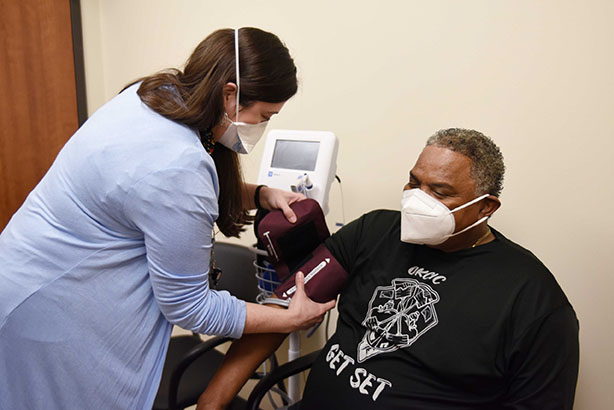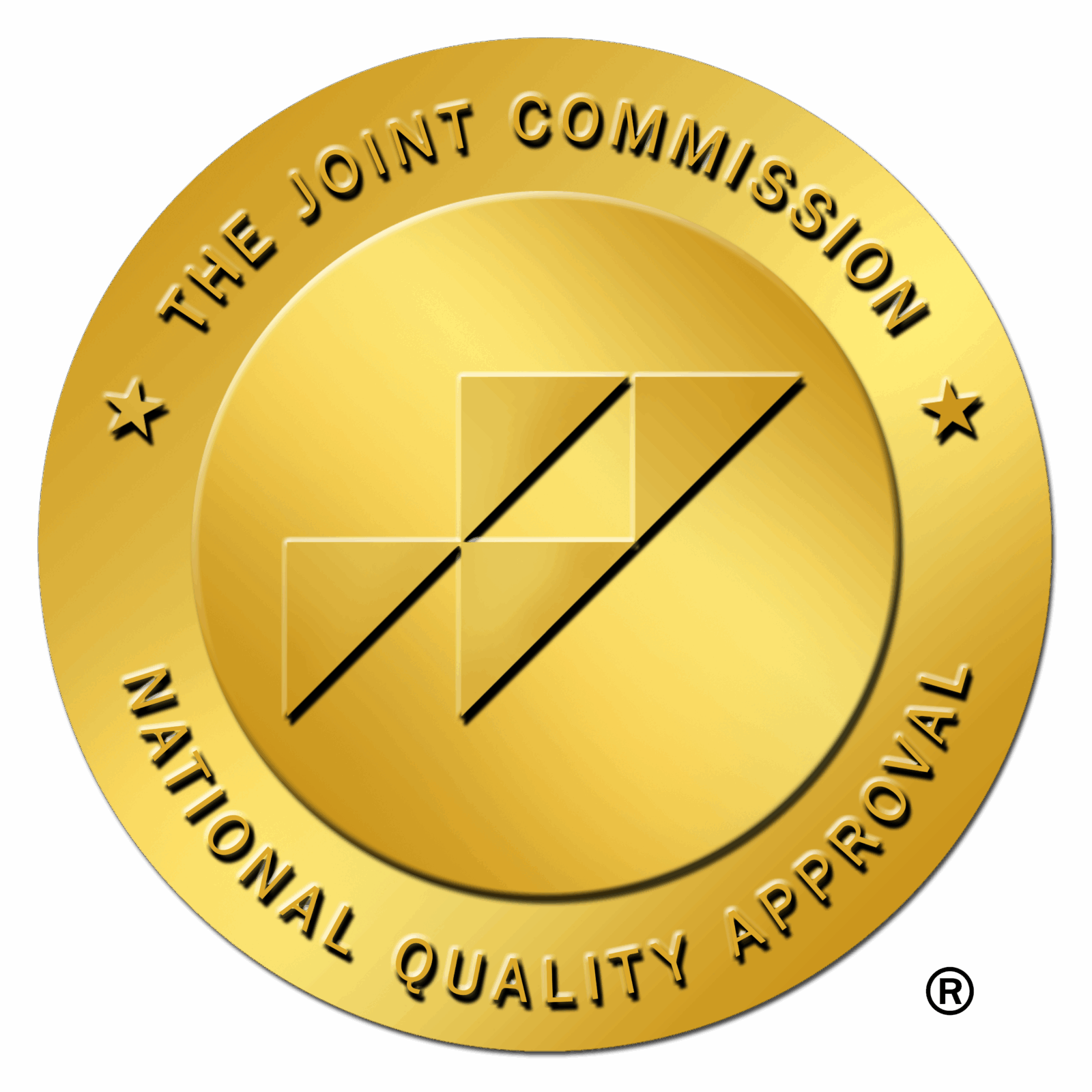By: Melanie Claborn, PharmD, BCACP
Nearly half of adults in the United States have high blood pressure, also called hypertension. However, many people are not aware that they have high blood pressure as there are usually no warning signs. Even if a person feels normal, their health may be at risk. You can contact your health care team at OKCIC to get your blood pressure checked.
What is high blood pressure?
High blood pressure occurs when the force of the blood pushing against your blood vessel (artery) walls is too strong. The arteries carry blood with oxygen from the heart to other parts of the body.
How is blood pressure measured?
It is usually measured with a blood pressure cuff on the arm. Blood pressure is reported as two numbers. The top number (systolic) is the pressure inside your arteries when your heart beats. The bottom number (diastolic) is the pressure inside your arteries when your heart is relaxed between beats.
- High Blood Pressure: 130+/80+
- Elevated Blood Pressure: 120-129/<80
- Normal Blood Pressure: <120/<80
It is normal for someone’s blood pressure to rise and fall during the day. However, if it stays elevated, then it is considered high blood pressure.
What is the problem with high blood pressure?
High blood pressure makes your heart work harder and over time can damage arteries and organs. High blood pressure can increase the risk for a heart attack, stroke, kidney problems and eye damage. Heart disease is the leading cause of death in the United States. Fortunately, high blood pressure is preventable and treatable.
Who is at risk/what causes high blood pressure?
Anyone can develop high blood pressure and there are several risk factors. Some risk factors cannot be changed (like age, family history or race) while other factors can be modified. Risk factors that can be improved include: cigarette smoking, being overweight, physical inactivity, diabetes and stress.
How can high blood pressure be controlled?
- Reach and maintain a healthy weight
- Be active – do something that can get your heart rate up for at least 30 minutes per day on most days of the week.
- Choose a heart healthy diet low in fats and salt, but high in fruits and vegetables
- Limit or avoid alcohol intake
- Reduce stress
- If prescribed medications for blood pressure, please take them as directed
It is important to get your blood pressure checked regularly. Ask your health care team how often to check your blood pressure. Blood pressure can be checked at a health care team visit or with a home blood pressure monitor. If you have high blood pressure, you may be able to obtain a home blood pressure monitor from your health care team.
If you have questions about high blood pressure, please contact your primary care team at (405) 948-4900. A simple blood pressure check is the first step.


